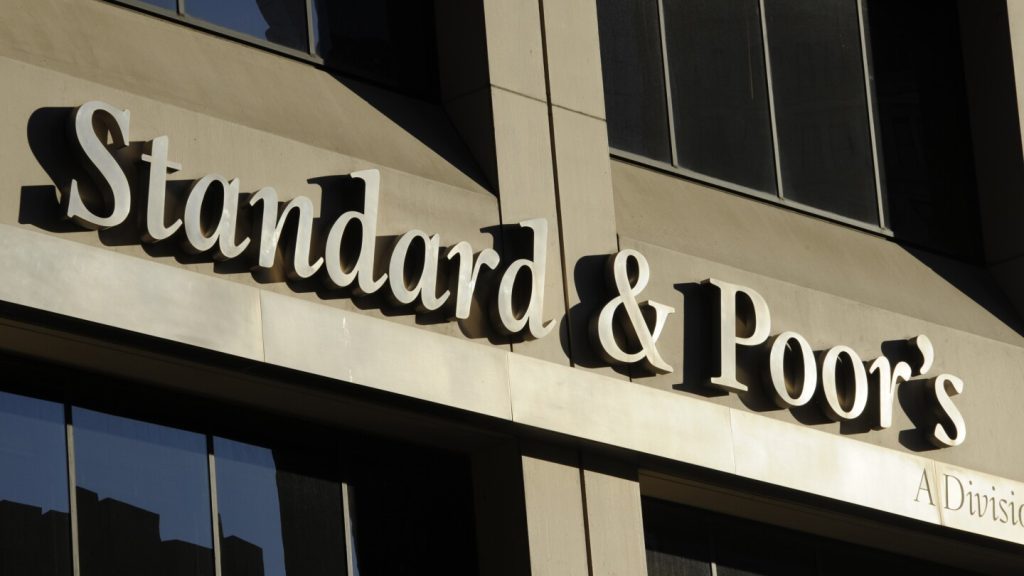Israel’s long-term credit rating has been downgraded by S&P Global Ratings, citing the risk of military escalation with Iran as the reason behind the decision. This downgrade comes after an apparent drone attack at a major airbase and a nuclear site near the city of Isfahan in Iran, which is believed to be a retaliatory strike by Israel for Iran’s previous drone-and-missile assault on the country. This downgrade follows another by Moody’s, another major U.S. credit agency, which cited the ongoing military conflict with Hamas as the reason for the downgrade. S&P lowered Israel’s long-term foreign and local currency sovereign credit ratings to ‘A+’ from ‘AA-‘ and the short-term ratings to ‘A-1’ from ‘A-1+’. This shift signifies a transition from a very strong capacity to meet financial commitments to a strong capacity to meet financial commitments, but with some susceptibility to adverse economic conditions and changes in circumstances.
The recent increase in confrontation with Iran has heightened already elevated geopolitical risks for Israel, according to S&P. While the agency believes that a wider regional conflict will be avoided, they anticipate that the Israel-Hamas war and confrontation with Hezbollah will continue throughout 2024, contrary to their previous assumption of military activity not lasting more than six months. S&P’s outlook on Israel’s long-term ratings is negative, suggesting potential further downgrades in the future. The cost of war has placed a significant strain on Israel’s budget, leading all three major U.S. credit ratings agencies, including Moody’s, S&P, and Fitch, to issue warnings about Israel’s credit standing since the surprise attack by Hamas.
Despite the apparent drone attack in Iran, no Iranian official directly acknowledged the possibility of Israel being behind it, and the Israeli military did not respond to requests for comment. Tensions have been high since the Saturday assault on Israel amid their conflict with Hamas in the Gaza Strip and their strikes targeting Iran in Syria. S&P typically issues sovereign credit ratings on scheduled dates, but events may prompt them to deviate from this practice, as seen in their recent downgrade of Israel’s credit rating. Another ratings review for the country is scheduled for May 10, where S&P will assess Israel’s credit standing in light of recent events and developments in the region.
The impact of these credit rating downgrades on Israel’s economy remains to be seen, as the country continues to navigate geopolitical tensions with Iran and ongoing conflicts with militant groups in the region. The negative outlook from S&P suggests that Israel may face further challenges in meeting its financial commitments and economic stability in the future. The uncertainty surrounding the situation in the Middle East and the potential for escalation of military conflicts will likely continue to weigh on Israel’s credit standing and economic outlook in the coming months. The country will need to carefully manage its budget and financial resources to address these challenges and maintain stability in the face of geopolitical risks.


